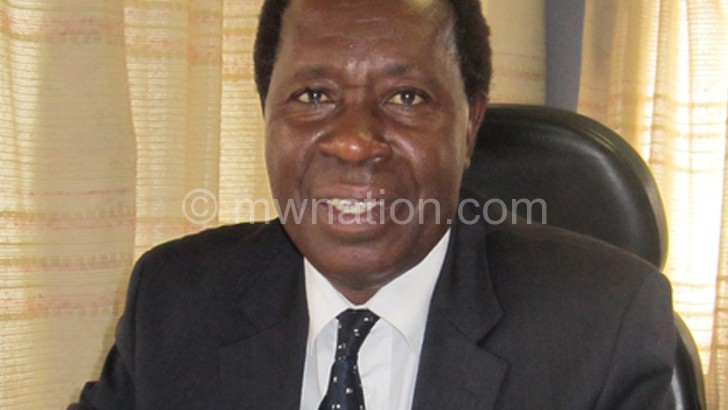Councils crippled
A latest report on budget and expenditure transparency in local councils has exposed a huge resource constraint among councils as they are not getting enough resources to finance their development programmes, leaving many projects at council levels not being implemented or stalling.
The study, commissioned by the Office of the President and Cabinet (OPC) in collaboration with a local nongovernmental organisation, Citizen for Justice (CFJ), has also faulted the central government for underfunding the councils thereby flouting the provisions in the Decentralisation Policy of 1998.

councils has not changed
Section 10.4 of the Decentralisation Policy requires government to transfer at least five percent Net National Revenues (NNR) excluding grants to local councils in form of General Resource Fund (GRF).
Apart from the GRF, other main sources of councils’ revenue are locally generated revenue and the ceded, which are non-tax revenue and includes toll fees, gambling and casino fees, fuel levy, motor vehicle registration fees and industrial registration fees, among others.
But presenting the findings of the study in Lilongwe yesterday, coauthor Reckford Kampanje, who is also a consultant for OPC and CFJ, revealed that GRF to councils has over the years been less than 1 percent of all national revenues.
Said Kampanje: “There are poor linkages on development planning, budgeting and service delivery between Councils and the national planning system. Major cause of weak linkages is based on the fact that the development budget has not yet devolved to Councils and therefore Councils are not getting enough resources to finance development programmes.”

needs to be done
He said based on the findings of the study, projects in the District Development Plans have for so long not been implemented due to lack of funding.
Over the past few years, Kampanje said funding to councils has experienced some challenges and that the situation has not changed.
“It [funding] is either reduced abruptly without warning the councils or it is received late, often close to the end of the month,” added the former Accountant General.
Kampanje said in the development plans, councils have attempted to prioritise key economic sectors in the Malawi Growth and Development Strategy (MGDS) of agriculture, transport, energy, mining and tourism but their projects still have suffered serious setbacks due to lack of funding.
He, however, commended government efforts to allocate K5 billion in this year’s budget for development programmes in councils.
Going forward, he recommended that government should increase GRF to councils and that at the same time, councils themselves should exert more efforts in collecting locally generated revenue.
Reacting to the findings of the study, Principal Secretary responsible for Good Governance at OPC, Wezi Kayira, hailed CFJ for the study but said there is a lot that needs to be done on the part of government to ensure the devolvement of power to the Councils.
CFJ executive director Reinford Mwangonde dared government that it was clear through the findings of the report that Malawians are now putting more pressure on local authorities in terms of adequate drugs, note book in public schools as well as adequate security.
The study was conducted in nine pilot district councils of Chitipa, Karonga, Nkhata-bay, Mchinji, Kasungu, Nkhotakota, Chikwawa, Blantyre and Balaka. n





